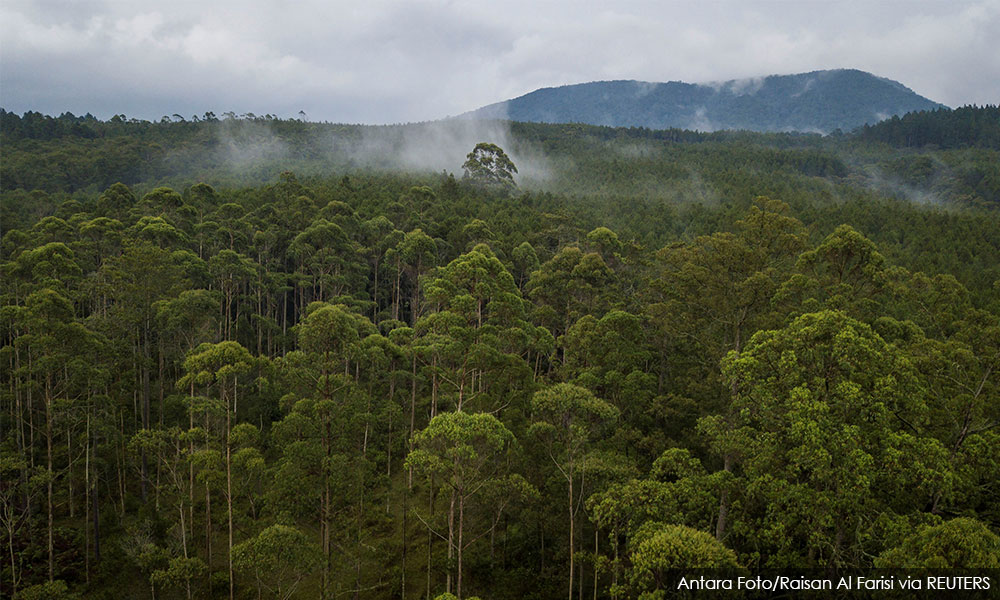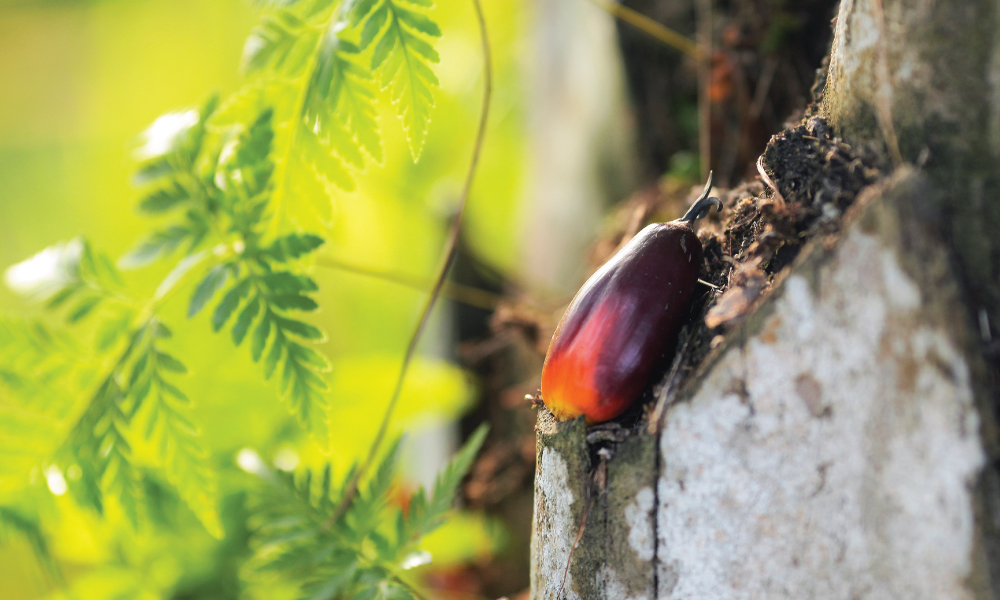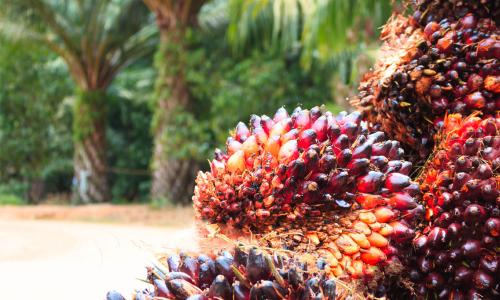Oil palm plantations are not 'forests'
LETTER | It was with bewilderment that I read the letter, “Europe should congratulate us for our oil palms” and my bewilderment grew when I realised the writer, a purportedly educated man, was not being sarcastic but in earnest.
Plantations cannot fall into the category of jungles, or more accurately, forests, because they consist of monoculture crops, that is, only one type of crop in a given area at the same time.
A diverse forest ecosystem provides natural checks-and-balances to keep soil and plants healthy.
In contrast, a monoculture plantation has to use large quantities of synthetic herbicides, insecticides, bactericides and fertilisers to replicate some of the ways nature uses to protect crops.
Over time, pests, weeds and fungus evolve to be resistant to chemicals, and farmers end up applying more and more chemicals to monoculture crops, and this in turn adversely affects natural ecosystems and human health.
In a monoculture plantation, there are no varieties of plant that naturally provide nutrients to the soil, such as nitrogen-fixing legumes, or ground cover crops that improve the nutrient content of the topsoil, or a variety of plants with different root depths to reduce erosion.
There are fewer species of microorganisms and beneficial bacteria in the soil, and no range of insect species to ensure that a single population does not get too large and damage too many plants.
Plantations are a direct threat to forests. In monoculture plantations, ground cover crops are eliminated, so there is no longer any natural protection against soil erosion.

Degraded soil becomes unusable for agriculture after a few years, so it is a fallacy that plantations are sustainable because you can grow crops on the same piece of land over and over again.
Forests are then cleared to provide new agricultural land, starting the damaging cycle all over again. Published scientific studies show that up to 300 football fields’ worth of actual forest is cleared every hour to make room for oil palm plantations.
Without topsoil to improve moisture retention in the soil, monoculture plantations require huge amounts of water to irrigate the crops. This means that water is pumped from rivers, lakes and other water sources to irrigate plantations, depleting natural water sources.
This is on top of the pollution of water sources by agricultural chemicals. A forest, in contrast, serves as a watershed area and improves water quality by minimising erosion and filtering pollution.
The writer claimed in his letter that “critics say that plantations contribute to climate change”. This is not merely a claim by ‘critics’ but backed up by science.
Plantations don’t just appear out of wastelands - forests are cleared to make way for plantations.
Between 2001 and 2017 alone, Malaysia lost 7.29 million hectares of tree cover to oil palm cultivation. Not even comparing our “superior” plantations to the grasslands and wheat fields of Europe can change the fact that plantations are the main driver of deforestation.
The writer also claims that 54 percent of Malaysia is “virgin jungle”. Not even our Prime Minister would dare to corroborate such an outrageous claim.
The UN Food and Agriculture Organisation reported Malaysia’s primary forest to be at 18.7 percent in 2010.
The writer’s claim that oil palm and rubber trees are “jungle trees” is also grossly inaccurate as these are introduced species that would not support local wildlife, birds, and plant diversity.
Furthermore, a monoculture plantation, even of local species such as durian and merbau, can never qualify as a forest because of all the factors explained above.
The writer praised plantations as being “sustainable sources of food, rubber, timber and employment” without understanding the meaning of the word “sustainable”. Because plantations deplete and pollute the water supply and degrade the soil, more land and water are required for the next round of planting, and abandoned plantations never fully recover.
The average life of an oil palm plantation is 25 years, after which the abandoned plantation is practically a desert.
There is also no “sustainable employment” in plantations when there are widespread abuse and exploitation of workers, many of whom do not have formal employment contracts and are unaware of their rights.

Plantations are net emitters of carbon and not absorbers of carbon as alleged by the writer.
Old-growth forests store carbon for centuries, whereas plantations are actually net emitters of carbon due to disturbance of the soil and the degradation of the previous ecosystem.
Scientific studies show that oil palm plantations store about 50-90 percent less carbon over 20 years compared to the original forest cover.
The impact is even worse if the plantation is established on peatlands, which store vast amounts of carbon that are released when the peat is drained.
If the use of fertiliser and emissions from processing crops are factored in, the climate impact of converting natural forests to plantations is even more devastating.
We have to admit that monoculture crops, especially oil palm, have a problem, and the problem isn’t just one of image.
Oil palm can be cultivated without deforestation, peat development, or worker exploitation, but it will cost more, and the international community can help palm oil-producing nations protect their forests and human rights by paying a fair price for certified sustainable products.
The Malaysian government, plantation owners, and consumers will need to work together to protect our remaining peatlands and natural forests and develop a credible supply-chain tracking mechanism and certification process for palm oil and other agricultural products.
Agriculture is inevitable, but there are many ways of making it more sustainable. And it starts with recognising that plantations should not be passed off as forests.
RM12.50 / month
- Unlimited access to award-winning journalism
- Comment and share your opinions on all our articles
- Gift interesting stories to your friends
- Tax deductable
